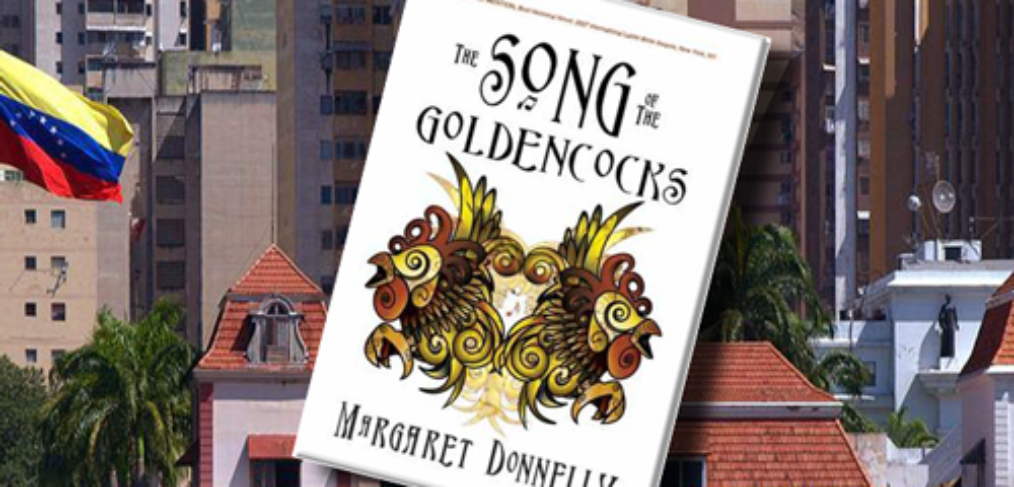
Roots of the Relations Cuba─Venezuela
This morning, I read a fascinating article called, “Cuba for sale: Havana is Now the Big Cake and Everyone is Trying to Get a Slice.” In this article, I learned that Wi-Fi is forbidden in private Cuban homes. Checking emails at an internet cafe can cost nearly a week’s wages, and the wait for a computer is long, often an hour or more. A recent policy change has opened the door to five Wi-Fi zones in Havana, which has been described as nothing short of revolutionary.
Based on the author’s description, it sounds like these zones are packed full of people who are excited to have increased access to the internet: “Walking along La Rampa at night… you’ll see huddles of ghostly faces, illuminated only by the glow of screens. These sprawling open-air internet lounges have also spawned a new informal economy. Wi-Fi touts wander the streets like drug-pushers, re-selling the state telecom company’s prepaid $2 scratch-off cards for $3 apiece, muttering “cards, cards?” instead of the usual “hashish? girls?”. Snack stalls and drinks stands – private enterprises that would have been forbidden five years ago – have sprung up to fuel the spontaneous street-corner parties, where people gather around to watch the latest Hollywood trailers on YouTube.”
I was first intrigued to learn about the harsh lifestyle forced upon the Cuban people by their oppressive leaders when reading author Margaret Donnelly’s, “The Song of the Goldencocks,” a masterful work of historical fiction. In this story, she created a character called Ivan Trushenko, a young Venezuelan man of Russian descent who is all too familiar: the naïve political idealist willing to sacrifice everything in the fight for a cause he doesn’t understand as well as he should. Ivan believes the Venezuelan people will benefit if the country adopts the Cuban political model. Faced with corrupt Venezuelan leaders, it’s easy to understand why Ivan wants change.
Donnelly’s book offers a mid-1990s glimpse into the mind of a Venezuelan man who hoped life would improve by emulating Cuba’s socialist agenda, a hope that Venezuelan leaders manifested in real life when President Hugo Chavez formed a significant relationship and trade partnership with Fidel Castro in 1999. In fact, Trushenko is a good representative of the Chavez mentality. At one time, Chavez described Castro as his mentor and called Cuba “a revolutionary democracy”. One only has to look at the current decaying state of the Venezuelan economy and the changes Cuba is now welcoming in order to understand that the hope shared by Trushenko and Chavez was misguided. Venezuela – a country whose citizens should be wealthy because of their vast oil resources – is home to an increasingly impoverished populace who has limited access to daily necessities.
As it turns out, Chavez held onto hope regarding the Cuban model longer than Donnelly’s Trushenko did. The young political revolutionary got his wake-up call when he traveled to Cuba. The environment was filled with spies – neighbor on neighbor. Rules governing daily life stole liberty. Books were banned, and phone calls weren’t easy to make. The government was dictatorial, controlling public resources and private life. Trushenko’s experience in Cuba caused him to do some serious thinking which led to unexpected life decisions.
I highly recommend, “The Song of the Goldencocks,” as an aid to better understand the ties that twist relationships between nations. Donnelly takes a global view of history, revealing the cross-continental connections that influence the behavior of individuals and the policies of nations. Not only does her work paint a compelling picture of history, it also offers an entertaining look at the human condition. Her well-developed characters are smart and flawed. They are fighters and lovers who suffer with the same family conflicts and relationship issues we all understand. Overall, this book is both relatable and provocative, a combination that just works.




